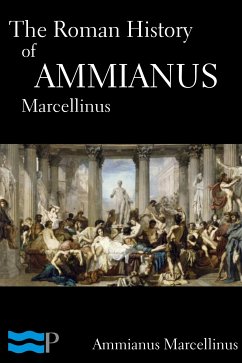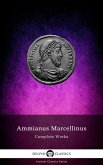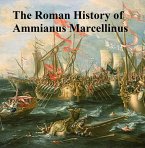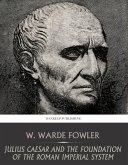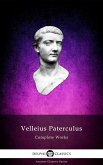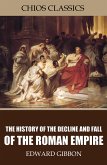Pyrrhus Press specializes in bringing books long out of date back to life, allowing today's readers access to yesterday's treasures. Das E-Book The Roman History of Ammianus Marcellinus wird angeboten von Charles River Editors und wurde mit folgenden Begriffen kategorisiert: rome; empire; caesar; tacitus; suetonius; hadrian; trajan
Dieser Download kann aus rechtlichen Gründen nur mit Rechnungsadresse in A, B, BG, CY, CZ, D, DK, EW, E, FIN, F, GR, H, IRL, I, LT, L, LR, M, NL, PL, P, R, S, SLO, SK ausgeliefert werden.

